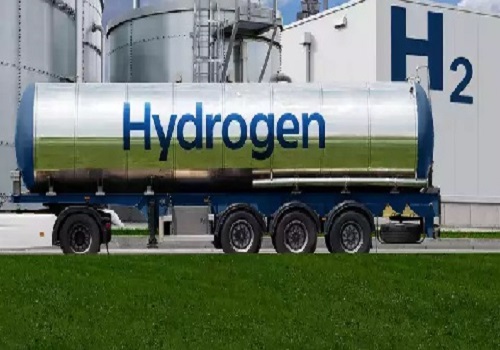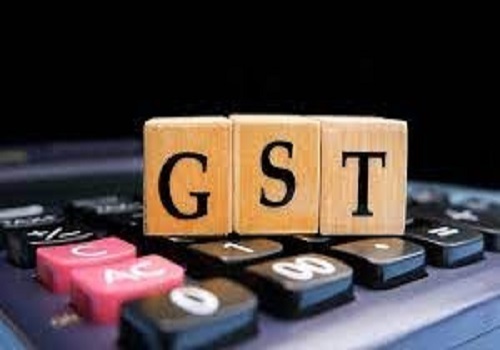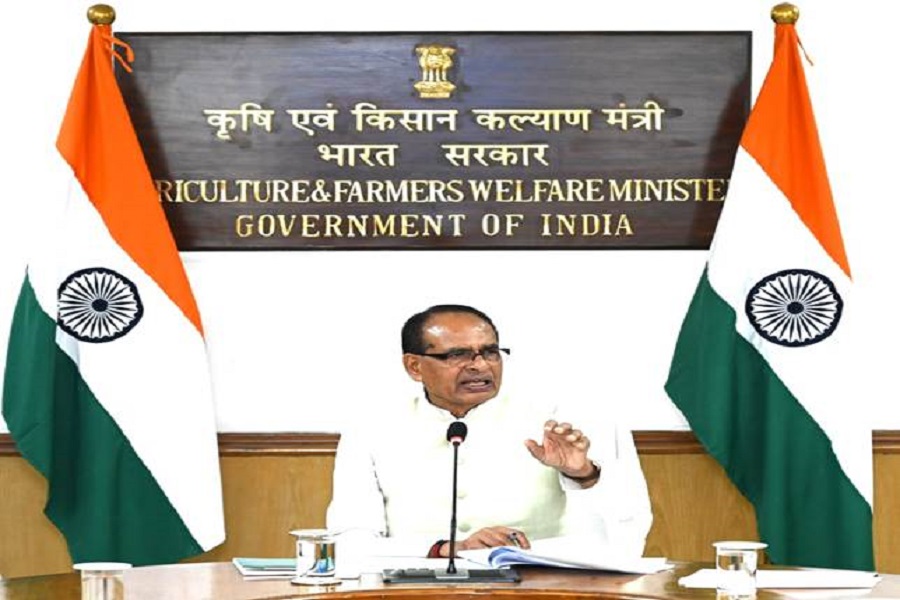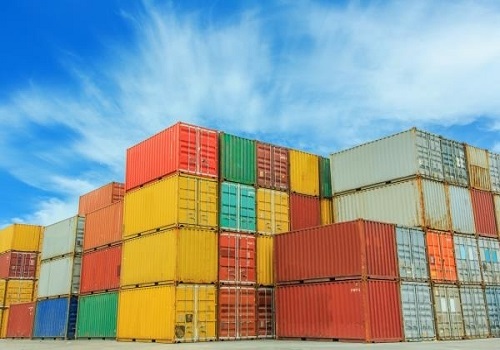Hydrogen may replace natural gas in India in 5 to 10 years: Top official

With hydrogen prices declining faster than anticipated, India could see hydrogen become a viable alternative to natural gas within the next five to ten years, making this route central to our decarbonisation and global competitiveness goals, a top Government official said on Tuesday.
Addressing the CII Steel Summit 2025 here, Union Steel Secretary Sandeep Poundrik said: "The DRI (Direct Reduced Iron) plus Hydrogen route offers a promising pathway for green steel production."
He highlighted that there are significant opportunities for investments in the steel industry, driven by growing needs from sectors such as defence, space, automotive and power – all of which are expanding rapidly and increasing demand for high-grade steel products.
Poundrik said that with consistent growth in consumption and capacity, along with rising opportunities from specialty steel and green steel, India is on its way to achieving the target of 500 million tonnes by 2047.
"Aligned with the vision of Viksit Bharat, our target is to reach 500 million tonnes steel-making capacity by 2047. At the current pace, we would be adding around 100 million tonnes every five to seven years, positioning India to not only meet domestic demand but also emerge as a global leader in sustainable steel production," he said.
The Steel Secretary pointed out that there is a misconception that India’s steel industry is driven only by a few large producers. In fact, nearly 47 per cent of the steel in the country is produced by around 2,200 medium and small enterprises. These players form the backbone of India’s distributed and resilient steel ecosystem, he noted.
"There is a strong need for India to achieve self-reliance in the steel sector, given its strategic significance. The Ministry of Steel is working closely with the Ministry of Coal to increase the share of domestic coking coal in steelmaking, ensuring greater self-reliance and security in raw material supply. The government is also taking proactive measures to ensure that cheap and substandard steel does not flood the Indian market," he added.
He underlined that the government was creating a level playing field through Quality Control Orders (QCOs) to ensure that both domestic and foreign producers meet the same quality benchmarks.
Tata Steel Ltd Executive Director and CII National Committee on Steel Co-Chairman Koushik Chatterjee highlighted that steel forms the backbone of India’s industrial transformation and national resilience. As the foundation for construction, transport, energy, and manufacturing, the sector will be pivotal in shaping world-class infrastructure, modern cities, and sustainable growth.
Emphasising India’s demographic advantage and the structural reforms like GST 2.0 fueling new consumption opportunities, JSW Steel Ltd Joint Managing Director & CEO and CII National Committee on Steel Co-Chairman Jayant Acharya noted that rapid urbanisation, a growing middle class, and rising discretionary spending are creating strong demand prospects for the steel industry.




















